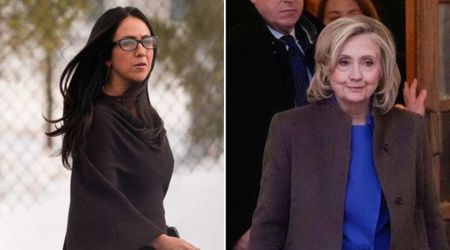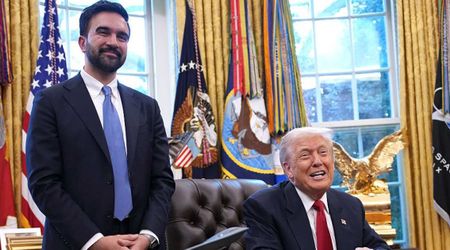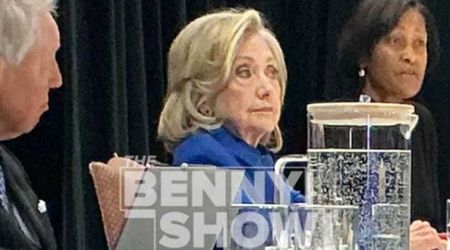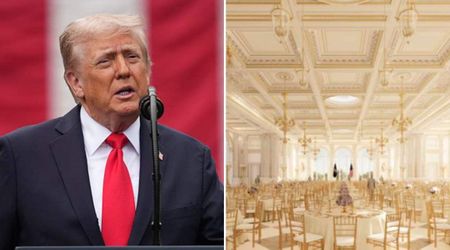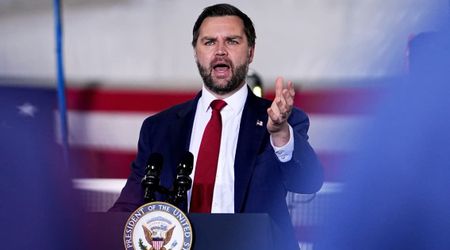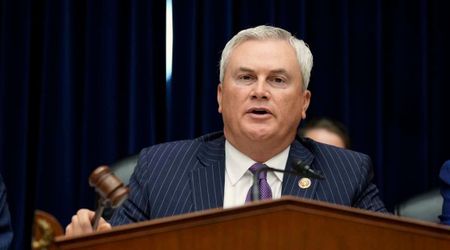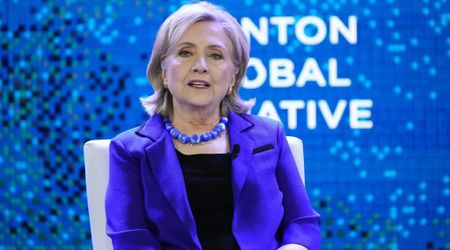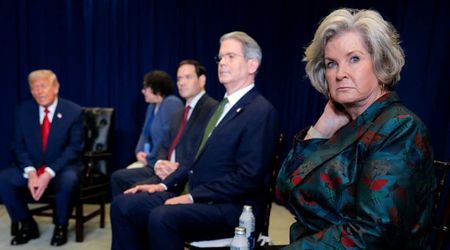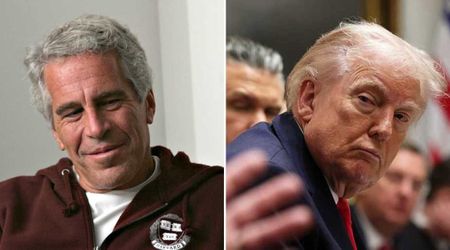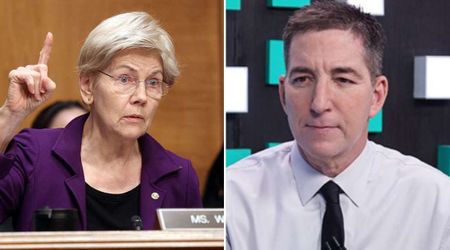How Donald Trump's January 6 trial is still on the horizon after bombshell SCOTUS immunity ruling
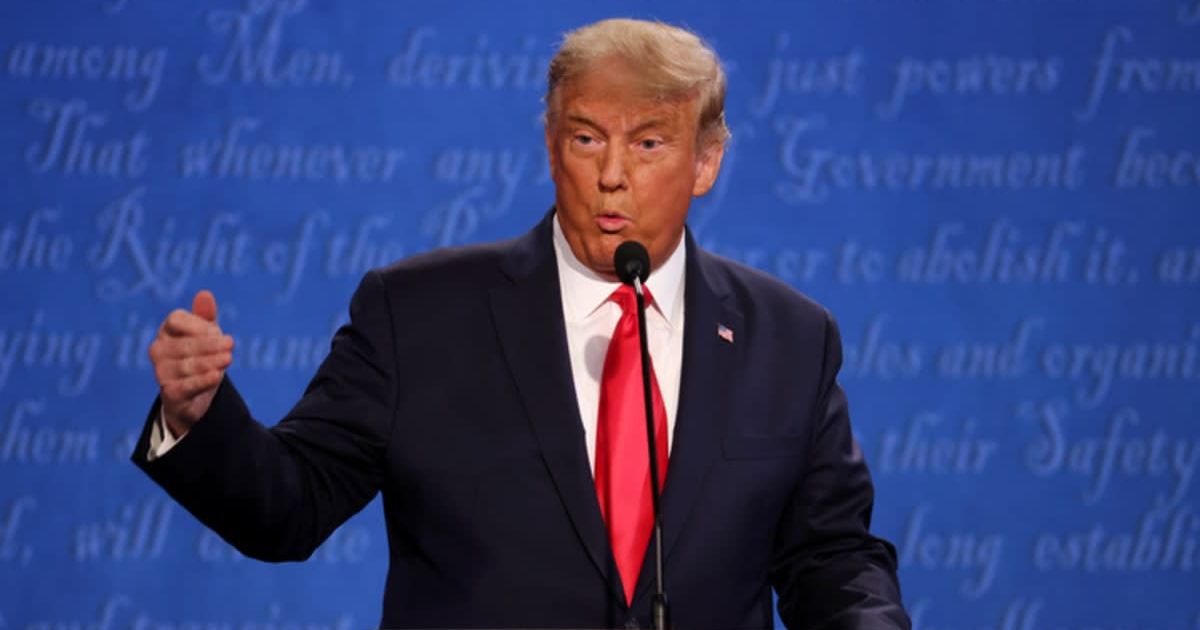
WASHINGTON, DC: On Monday, July 1, former president Donald Trump secured a major victory in his effort to challenge federal election interference charges. Although the US Supreme Court did not dismiss the charges outright, its actions effectively provided Trump more time by remanding the issue to the lower courts.
This process, experts suggest, could extend well past the November 5 election.
Donald Trump's victory without a verdict
Donald Trump’s primary objective was to delay proceedings. If he wins reelection in November, he could potentially instruct the Justice Department to drop the case. Even if he faces trial while in office and is convicted, he could direct the DOJ not to enforce the decision.
Cornell Law Professor Robert Hockett told the New York Post, “There is a danger he would act to prevent the Justice Department from enforcing” an adverse trial decision, adding that Trump could declare, “It’s not going to be enforced while I’m in this White House.”

An untested possibility is a self-pardon. During oral arguments in April, Supreme Court Justice Neil Gorsuch pondered this scenario, stating, “We’ve never answered” that question.
If Trump regains the presidency, he will have more tools to combat the charges, leading his legal team to delay proceedings as much as possible. None of his three outstanding indictments currently have set start dates.
However, Hockett noted that the case could still move forward this year.
“It’s very easy to imagine scenarios under which everything resumes and moves quickly forward this very summer,” he said, “but it’s also of course possible to envisage scenarios under which it doesn’t.” For now, all proceedings in the four-count 2020 election subversion indictment against Trump are on hold, pending his extended challenge.
Supreme Court's ruling on immunity for former presidents
In a 6-3 decision along ideological lines, the Supreme Court ruled that former presidents are entitled to absolute immunity from criminal prosecution for actions within their constitutional authority.
Chief Justice John Roberts, writing for the majority, stated, “Like everyone else, the President is subject to prosecution in his unofficial capacity. But unlike anyone else, the President is a branch of government, and the Constitution vests in him sweeping powers and duties.”
Before this decision, presidential immunity was broadly understood in civil litigation contexts due to the 1982 Nixon v. Fitzgerald case. However, the scope of criminal immunity for a president had not been tested until this ruling.

Roberts mentioned a “presumption of immunity” and directed the lower courts to determine if Trump is shielded from prosecution over “alleged attempts to influence the Vice President’s oversight of the certification proceeding” of the 2020 election.
“This alleged conduct cannot be neatly categorized as falling within a particular Presidential function. The necessary analysis is instead fact specific,” he wrote.
The critical question now is whether Trump’s actions related to January 6, 2021, and efforts to challenge the 2020 election results were part of his official duties as president.
Possibility of Donald Trump's prosecution in January 6 case
In theory, Donald Trump can still be prosecuted over the January 6 events. Prosecutors argue that Trump was not acting in an official capacity during the infamous date.
Michael Dreeben, the Justice Department’s counselor to the special counsel, stated during oral arguments, “The president doesn’t have an official role in that proceeding. So it’s difficult for me to understand how there could be a serious constitutional question about saying you can’t use fraud to defeat that function.”
“You can’t obstruct it through deception. You can’t deprive millions of voters of their right to have their vote counted for the candidate who they chose," Dreeben stressed.
He implied that Trump’s actions were aimed at benefiting him politically and personally, not at fulfilling his executive duties. Conversely, Trump’s legal team contends that he had an obligation as commander-in-chief to investigate claims of election fraud.
Justice Amy Coney Barrett, in a partial concurrence, noted that presidents could be prosecuted if the statute covers official conduct, provided it doesn’t intrude on “authority and functions of the Executive Branch.”
Barrett used an example involving the Arizona House Speaker, stating, “The President has no authority over state legislatures or their leadership, so it is hard to see how prosecuting him for crimes committed when dealing with the Arizona House Speaker would unconstitutionally intrude on executive power.”
Smith’s team alleged that Trump “asked the Arizona House Speaker to call the legislature into session to hold a hearing” over the election results.
Reworking the charges after SCOTUS decision
Hockett explained that the SCOTUS decision concluded that Donald Trump’s intent cannot be used to differentiate between his official and personal actions.
Liberal Justice Sonia Sotomayor echoed this in her dissent, arguing that the ruling “will prevent the Government from using a President’s official acts to prove knowledge or intent in prosecuting private offenses.”
Prosecutors may now need to rework their case to align with the ruling. Hockett remarked, “What’s going to have to happen is the prosecution is going to have to find ways of making clear that certain things Trump did were not done in his official capacity” without focusing on his motive.
He highlighted that Trump’s demand for Vice President Mike Pence not to certify the vote had no presidential function, suggesting, “I don’t think we should wring our hands too much about the capacity of these cases to move forward.”

Despite most of Trump’s actions being in his “nominally official capacity,” he will likely argue for immunity based on this. Hockett pointed to Trump’s interactions with Justice Department officials, including then-Attorney General William Barr, who refused Trump’s demands to declare the election fraudulent, saying, “I can’t do that. There is no legal basis for that.”
Trump, however, could claim he was merely directing his attorney general to respond to election fraud allegations.
Implications of SCOTUS ruling on Donald Trump's other cases
The Supreme Court’s ruling is unlikely to affect the 34-count hush money case in Manhattan, which concerns actions outside his presidency. However, the other two cases against Trump are more complex.
The 10-count Georgia election tampering case, similar to the federal case, is on hold. Trump’s legal team attempted to use his immunity claim to dismiss the election racketeering case. The lower courts will now revisit this challenge following the Supreme Court’s decision on presidential immunity.
Lastly, the 40-count Mar-a-Lago classified document case has faced significant pretrial litigation delays. This case involves allegations that Trump illegally stored national security documents and obstructed justice post-presidency.
Trump has denied any wrongdoing and pleaded not guilty to all 54 criminal counts against him. He is scheduled for sentencing in the hush money case on July 11.

